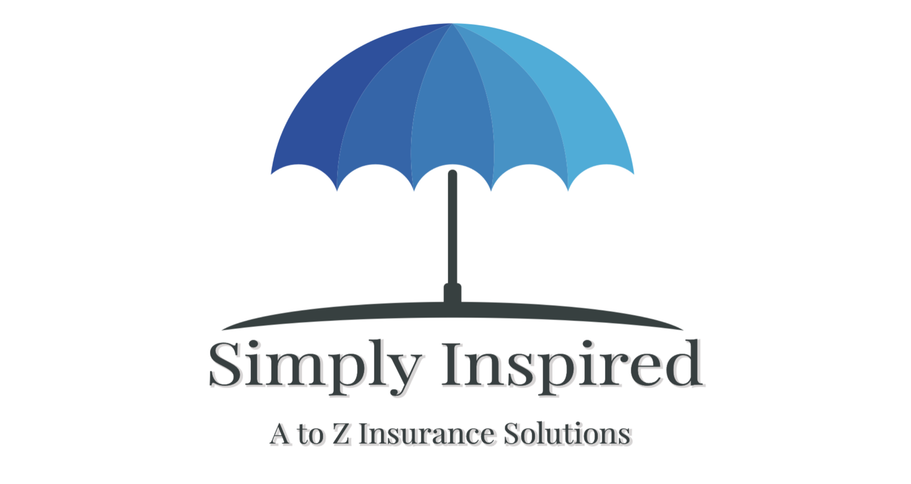Permanent Life Insurance
Permanent life insurance provides protection throughout your lifetime as long as you continue to pay your premiums in full. Most permanent life insurance policies build cash value for you to use for expenses later in life like paying off a student loan or purchasing a new car. Cash value is an attractive part of many permanent life insurance plans.
- Whole life policies are the simplest and have the strongest guarantees of any type of life insurance. Whole life policies allow for the accumulation of cash value on a tax-deferred basis, which can be used when you need it. Your cash value will build slowly and steadily, but as your cash value increases you’ll see it grow faster. It pays to be patient!
- Universal life policies have flexible features that can be customized for you and your loved ones. The flexibility of universal live coverage allows for changes to the death benefit and the size and timing of the policy’s premium, to an extent. So as changes to your life take place so can your coverage. Your tax-deferred cash value account accumulates at least the guaranteed rate of interest, but may accumulate at a higher rate depending on current market rates. Meaning, you may receive more cash value than expected or you may get none at all. Consult with our professionals about overfunding to make sure your universal life policy has cash value.
- Variable life is a permanent life insurance policy with a cash value account. Variable life insurance policies require a fixed annual premium for the life of the policy and may provide a minimum guaranteed death benefit. If the cash value account exceeds a certain amount, the death benefit will increase. Variable life policies usually allow for a wider selection of investment options, known as subaccounts, for you to choose from. Your choices can range from a fixed interest subaccount to a highly volatile international growth account.
If you want a policy that can build cash value for you as well as build up some savings for later in life, talk to our agents about the right permanent life insurance plan for you!
Term Life Insurance
Term life insurance provides you protection for a specific price over a specified period of time: usually 10, 15, 20, or 30 years. Coverage expires without value at the end of the term and you will need to either convert your policy to a permanent life insurance plan or purchase a new policy for a new term. Term life insurance pays out a specified lump sum to a beneficiary only in the event that you die before the policy expires. Term life insurance is somewhat less expensive than permanent live insurance due to the drawback of having an expiration date.
Different types of term life insurance are available for you. Let us modify a plan to fit your needs and provide you the maximum amount of protection for the least amount of premium.
- Annual Renewable Term– The death benefit is a level amount and will remain the same for the term period. This policy can automatically be renewed without having to provide evidence of good health each year. The premiums may however increase each year with age.
- Level Term – The death benefit is a level amount and will remain the same for the term period. Level term policies are usually purchased for a period of 10, 20, or 30 years and the premium generally remains stable over the entire period.
- Decreasing Term – The premiums remain level over a specific term, but the amount of death benefit protection decreases throughout the term. Decreasing term insurance is best for you if you have financial obligations that decrease over time such as a mortgage or a loan.
Contact our insurance professionals today to see if term life insurance is right for you.
Business Insurance
Business Insurance
Being a business owner comes along with many responsibilities and one of those important factors includes managing the many things that can go wrong within your company on a daily basis. With business insurance, it covers many different aspects a business would need coverage for. For example business insurance can help your business in the following situations:
- Protects against loss or damage to the business location and its contents.
- Protects your business if it would be sued.
- Coverage of business vehicles used
- Coverage of employee injuries on the job.
- Covers your business in case there is an interruption of business.
Our experts can go over your business model and let you know about all the different business insurance plans and how each kind works for you best. There are many types of business insurance programs that can cover you no matter what type of business you are in. Here are some of our most popular business insurance programs
- Property
- Liability
- Workers Compensation
- Commercial Auto
- Business Interruption Insurance
- Business Crime Insurance
- Umbrella Insurance Coverage
If you don’t see something that fits your business model, contact us today for a custom business insurance plan that fits your business.
Term or Whole Life Insurance?
What Coverage Fits Your Needs?
Term Benefits
Less Expensive
On average, life insurance rates are more affordable for term than whole life insurance because term policies offer coverage for a predetermined time. If you outlive the term and the policy expires, your beneficiaries don’t receive the death benefit, so it’s less of a risk to the insurer.
More Flexible
You have many options when choosing how long your term life insurance should last? Typically, you can buy coverage for one, five, 10, 15, 20, 25, 30 or 40 years
Simplicity
For many people, term life insurance is a simple, affordable way to safeguard the financial health of loved ones if something happens to them. Plus, it’s easy to understand, which makes it simple to shop for. As long as you pay the premium, you’re covered for the duration of the policy.

The Bottom Line
Life insurance isn’t just for the wealthy. No matter your income level, life insurance can ensure that your loved ones could make ends meet if you were to pass away. And, life insurance might be more affordable than you think.
Whole Life (Permanent)
Life Insurance Payouts Are Tax-Free
Life insurance payouts aren’t considered income for tax purposes, and your beneficiaries don’t have to report the money when they file their tax returns.
Your Dependents Won’t Have to Worry About Living Expenses
If you have a policy (or policies) of that size, the people who depend on your income shouldn't have to worry about their living expenses or other major costs. For example, your insurance policy could cover the cost of your children's college education, and they won’t need to take out student loans.
© Copyright. All rights reserved. 2022.
